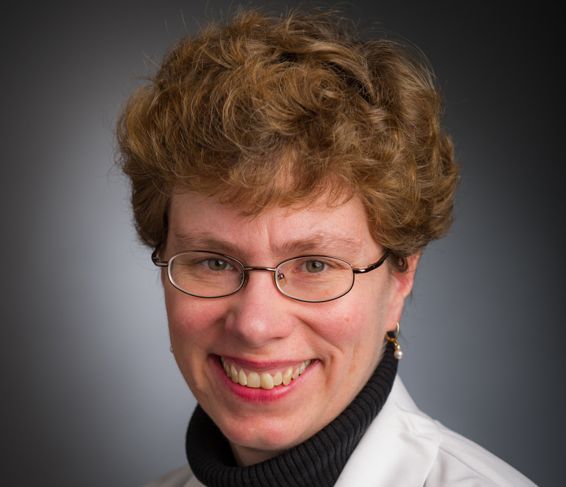Expanding Educational Opportunities in the US and Globally
Jennifer R. Brown, MD, PhD, understands that the goal for patients with cancer requires the highest standards of care, but delivering on that goal is a complicated clinical challenge.
Jennifer R. Brown, MD, PhD

Ensuring and promoting educational opportunities are paramount goals for Jennifer R. Brown, MD, PhD, president-elect of the Society of Hematologic Oncology. Brown, the Worthington and Margaret Collette professor of medicine in the field of hematologic oncology at Harvard Medical School and director, Chronic Lymphocytic Leukemia Center at Dana-Farber Cancer Institute, understands that the goal for patients with cancer requires the highest standards of care, but delivering on that goal is a complicated clinical challenge.
“Our goal is to ensure that educational opportunities for hematologists and oncologists are widely available, not just for those who are in the United States, but globally,” Brown said during an interview prior to the 10th Annual Meeting of the Society of Hematologic Oncology (SOHO 2022). Good practice standards need to be implemented for patients and the first step is to provide educational access, Brown said.
SOHO 2022 promotes those standards by making certain that the annual meeting is open, accessible, and hospitable to investigators from around the world. Travel assistance is provided for junior faculty and for those who come from underserved areas. The fully accessible virtual platform of the meeting is another vehicle used to educate globally, with on-demand access and enduring materials kept available for 1 year post meeting.
“Because of the pandemic, virtual opportunities for education have expanded,” Brown said. With SOHO 2022’s widespread virtual access, the opportunities to greatly increase the audience exists.
Post-Pandemic Meetings
One thing that Brown is looking forward to is the in-person interaction that SOHO 2022 will afford. Though virtual access is often more convenient, the benefits of in-person learning and interaction cannot be overlooked. “I think many of my physician colleagues enjoy the ability to interact and ask questions before, during, and after presentations and sessions,” Brown said.
“There is a lot of value in having everyone in a room together,” she said, adding that the interactions between presenters or speakers and the audience are always enjoyable and intriguing. “Speakers get a sense of what the audience is thinking, and the questions generated are an interesting measure of everyone’s interests. There is much more interaction in the live setting than virtual.”
Clinical Challenges
A focus of Brown’s tenure will spotlight the importance of making sure that patients receive the highest standard of care for their blood cancer. “That is one of my biggest concerns because when we examine real-world data compared with results from academic centers, we often see a disconnect,” Brown said. Bridging that gap will bring about emerging changes in the treatment landscape that will lead to optimal patient benefit.
A major component of bridging that gap is ensuring that physicians have access to the newest education and the best data presented and delivered at meetings such as at SOHO 2022. As an advocate for better treatment accessibility, Brown noted the costs and limited accessibility to newer targeted therapies and emerging approaches such as chimeric antigen receptor (CAR) T-cell therapy cannot be ignored.
“CAR T-cell therapies are now a standard of care,” Brown said, “but they are extraordinarily expensive and can only be delivered at specific CAR T-cell centers.” Those centers may not be readily accessible in much of the United States and often require extended stays for the patient and the patient’s caregiver.
Dr Brown’s research interests include the development of novel targeted therapeutics for CLL, as well as CLL genomics. Her genomics work has characterized the somatic mutation profile of CLL, and she is now particularly interested in the implementation of genomic technology in the clinic. She also has a longstanding research interest in the inherited predisposition to CLL. To date she has published about 250 papers in the scientific literature, predominantly in CLL.